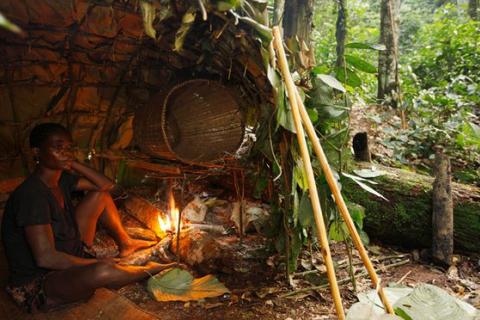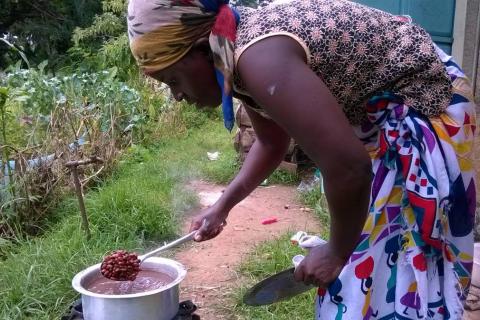Protected forest reclassified as private land
The entirety of three protected forests are now classified as private land, an investigation from rights group Adhoc has found, along with tens of thousands of additional hectares of what has once been state public land.
In total, an area slightly smaller than the size of Jakarta has been reclassified since the beginning of this year.
In three cases, Adhoc’s findings show that entire protected forests – Snoul Wildlife Santuary, Preah Vihear Protected Area and Peam Krasob Wildlife Sanctuary – have now been reclassified.
In Peru, a corrupt land-titling scheme sees forests sold off as farms
- An irregular land titling system is behind the deforestation of a swath of Amazon rainforest now occupied by a Mennonite colony in Masisea municipality, in Peru’s Ucayali department.
- In 2015, more than 40 land registry files were filled out with false information to give forests titles that made them appear to be farmland.
- This system, used in several places in Ucayali department, allowed for the deforestation of more than 1,000 hectares (2,500 acres) of forests in Masisea and within Indigenous communities.
In September 2015, of
The forests won’t forget: A struggle for land in Ramnagar
By: Kavita Upadhyay
Date: 17 January 2017
Source: The Hindu
People say the Congress has gone back on its promise to assign land rights.
Human rights abuses complaint against WWF to be examined by OECD
By: Patrick Barkham
Date: 5 January 2017
Source: The Guardian
In unprecedented move, OECD will look into allegations that world’s largest conservation organisation facilitated abuse of Baka people of Cameroon
The Ancient Hunter-Gatherer Tribe That’s Protecting Traditional Forests With the Help of Carbon Trading
By: Sophie Tremblay & Willy Lowry
Date: 4 January 2017
Source: Pacific Standard
Yaeda Valley in Tanzania is home to the Hadzabe, one of the last remaining hunter-gatherer tribes in the world, and they are using carbon trading to save their forests.
YAEDA VALLEY, TANZANIA — “Carbon,” says Mzee Sinze while sitting in the shade of an ancient, giant Baobab tree. “Carbon is very important to us Hadzabe.”
How Tropical Deforestation and Land-Use Change Are Driving Emerging Infectious Diseases
By: Mike Gaworecki
Date: December 20th 2016
Source: Mongabay.com
There’s already ample evidence of the ways environmental degradation can contribute to the spread of infectious diseases, and now a recent study provides an example of how the disruptions to an ecosystem caused by deforestation and other land-use change can help spread a bacterial pathogen.
Jokowi grants first-ever indigenous land rights to 9 communities
Date: 4 January 2017
Source: Mongabay
The Indonesian president moves to keep his promises to the nation’s indigenous groups.
Pre-cooked beans could turn down heat on Africa's dwindling forests
By: Pius Sawa
Date: 16 December 2016
Source:PLACE.TRUST.ORG
"I used to stay away three hours looking for enough wood to cook beans, but now it is easy because I need just a small bundle"
Govt. not serious about implementing Forest Rights Act, say adivasi groups
Date: 16 December
Source: The Hindu
“If the government genuinely wants to do good by us, all it needs to do is to give us our constitutional rights over our jal-jangal-zameen (water-forest-land) as per the FRA.”
Aerial photos show devastation of Gua Musang logging
By: Faiz Zainudin
Date: 4 December 2016
Source: Freemalaysiatoday
Orang Asli speak of bathing, drinking from muddy waters, as photos prove logging activities destroyed farm lands, disrupted flow of river waters.
India's landmark forest rights law hobbled by conflicting policies - report
By: Rina Chandran
Date: 13 December 2016
Source: Thomson Reuters Foundation
A landmark Indian forest rights law passed 10 years ago with the aim of protecting indigenous people has been crippled by conflicting legislation, and a lack of political will and funds to ensure its implementation, according to a report.











